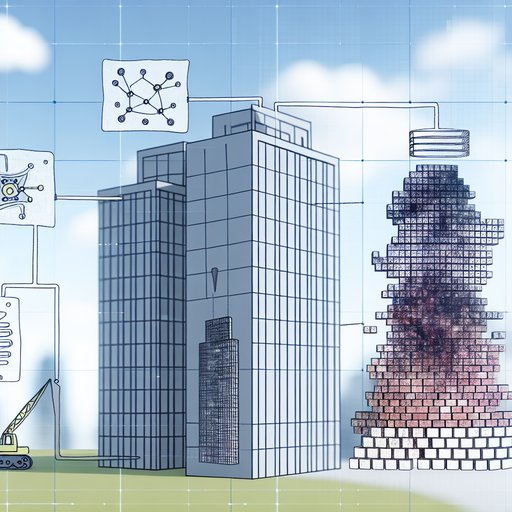Scenario or Question
Imagine a world where an AI’s decision determines whether you qualify for a loan, receive a job offer, or even get bail. These scenarios are not far-fetched; they are happening now. This raises questions: Are AI systems upholding or violating human rights? How can we ensure these technologies serve humanity equitably?
What’s Happening Now
AI systems are increasingly employed in critical areas such as criminal justice, hiring, and social services. For example, predictive policing algorithms claim to identify potential crime hotspots, while resume-screening algorithms sift through thousands of applicants to find the best fit for a job. Tech companies tout the efficiency and cost-effectiveness of these systems, but concerns about biases and fairness loom large.
AI’s capacity to process vast amounts of data can lead to bias reinforcement. Training data, often a reflection of historic inequalities, can perpetuate and amplify those disparities when used uncritically. The use of facial recognition technology, for instance, has been criticized for its high error rates among minorities, potentially infringing on the rights to privacy and freedom from discrimination.
Why It Matters
The social implications of AI extend far beyond efficiency. When biased algorithms make life-affecting decisions, the consequences can be severe and widespread. The stakes involve fundamental human rights, such as equality, privacy, and the right to a fair trial. Over-reliance on AI without transparency and accountability undermines trust and potentially erodes democratic values.
Moreover, the lack of comprehensive legal frameworks governing AI technology leaves room for abuse and unequal application. Current regulations often lag behind technological advancements, resulting in a Wild West scenario where tech giants operate with minimal oversight.
Conflicting Views or Stakeholders
Stakeholders in the AI ethics debate include tech companies, policymakers, human rights organizations, and the public at large. Tech companies frequently argue that their systems improve decisions through data-driven insights. They often cite cases where AI has increased fairness by reducing human biases.
On the other hand, human rights advocates emphasize the importance of embedding ethical considerations into the design and deployment of AI systems. They advocate for transparency, accountability, and inclusivity in AI development processes, demanding that algorithms be explainable to prevent discrimination and injustice.
Policymakers are caught between fostering innovation and protecting citizens’ rights. While some regions are introducing regulations to govern AI usage, international consensus remains lacking, leading to inconsistent protection levels across borders.
Future Outlook or Warning
The future of human rights in the age of AI hinges on our approach to education, regulation, and innovation. Establishing frameworks that prioritize ethical AI development could pioneer responsible tech usage. Global cooperation is essential to create cohesive policy standards that uphold human rights universally.
Additionally, fostering interdisciplinary dialogue among technologists, ethicists, lawyers, and affected communities can facilitate inclusive solutions. Investing in AI literacy for all stakeholders will empower society to engage with these technologies judiciously.
Ultimately, embedding human rights within AI systems is not just a technological challenge but a moral imperative. As AI continues to integrate into the fabric of society, the spotlight on human rights will remain, urging us to align technological progress with ethical values.
In conclusion, ensuring that AI progresses alongside human rights will require sustained, collective efforts across multiple fronts. As stewards of these powerful technologies, we must consciously shape a future where AI enhances human dignity and equity, rather than undermines it.










